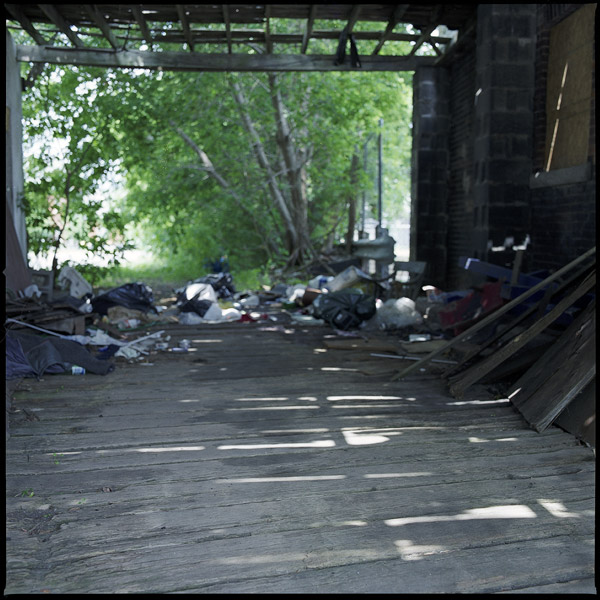
I made a quick run one Saturday afternoon to the small local health food store to pick up some organic eggs for lunch. When I walked into the store the song, "Cleaning Out My Closet" by Eminem was playing loudly on the store speakers. As I approached the counter to pay for my eggs, the store owner exclaimed that she couldn't understand how anyone could say such horrible things about their own mother. The owner raged on and on about what an awful person he must be while simultaneously ringing in my purchase.
Looking at the lyrics I'm guessing it's this part that triggered her tirade:
"See what hurts me the most is you won't admit you was wrong,
Bitch, do ya song. Keep tellin' yourself that you was a mom.
But how dare you try to take what you didn't help me to get.
You selfish bitch, I hope you fuckin' burn in hell for this shit.
Remember when Ronnie died and you said you wished it was me?
Well, guess what, I am dead. Dead to you as can be."
I was shocked by how angry and contemptuous the women felt towards Eminem but I did manage to respond that while I am not familar with the song or Eminem's life, one thing I know for sure is that some parents are horrible people who deserve what they get, including public exposure.
It's about time we let go of this highly dramatic television talk show perception of the world where all parents (especially mothers) are deeply caring people who love their kids and want the best for them no matter what. When will we evolve enough as a culture to finally accept that children are damaged by adults and not the other way around? It seems we'd all be a lot saner if we could just admit to that much and stop buying into this Bad Seed bullshit.
I guess it's just easier. It's easier to believe that some people are born inherently damaged and that all parents are saints. That takes away any sense of collective social responsibility we have and it also makes us feel okay about that feeling of repulsion you get about being near a kid that is so damaged and indelibly marked by the horror of their experiences that they're like a walking disease. Their alienness (and sometimes their disconcerting familiarity) feels so dangerous and contageous you've got to turn away and run or risk exposure. It's safer to despise a child who suffers than to acknowledge our own pain, and it's easier to believe that monsters are born rather than made.
